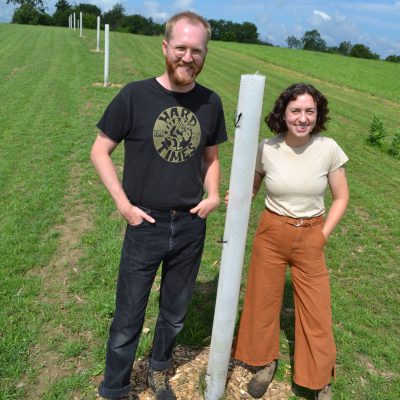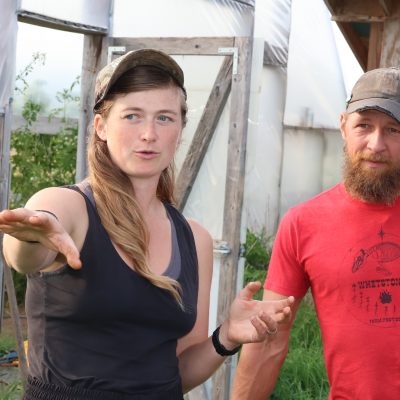Getting at the Root of our Nitrogen Problem
Good things go bad when out of their rightful places. Take farm fertilizer and soil, essential ingredients in the field but all wrong in the 27 percent of Minnesota lakes now too contaminated to drink. Last month’s report from the Minnesota Pollution Control Agency (MPCA) blasted corn-and-soybean agriculture as the major source of nitrogen contamination… Read More →


